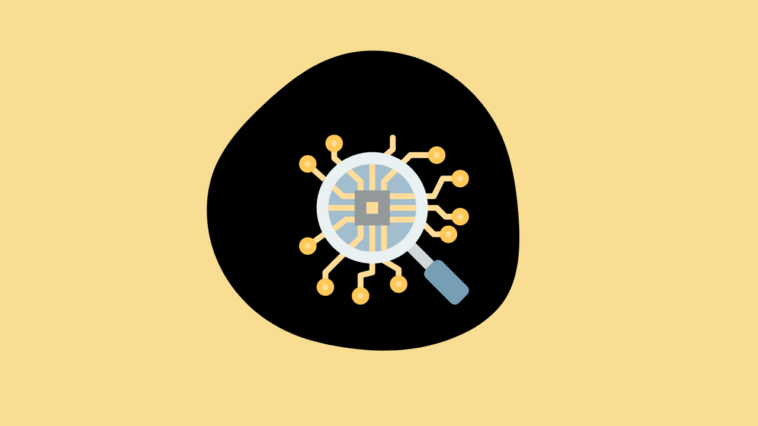Artificial Intelligence (AI) software is a revolutionary technology that enables machines to perform cognitive tasks like decision-making, perception, and learning that would typically require human intelligence.
Autonomous robots, on the other hand, are robots that can perform tasks without human intervention.
These robots use AI software to make decisions, adapt to changing situations and interact with their environment. The combination of AI software and autonomous robots has tremendous potential and offers numerous benefits in various industries, including healthcare, manufacturing, transportation, agriculture, and military and defense.
The Role of AI Software in Autonomous Robots
The integration of AI software in autonomous robots offers several benefits. First, it enables robots to make decisions and adapt to new situations without human intervention.
For instance, autonomous robots with AI software can identify objects and obstacles in their environment, make decisions on how to interact with them, and even learn from their experiences.
Second, AI software in autonomous robots can improve efficiency and reduce costs by optimizing processes, reducing errors, and increasing productivity.
Third, AI software in autonomous robots can improve safety by reducing human error and minimizing the risks associated with hazardous tasks.
Several examples of AI software in autonomous robots include self-driving cars, drones, surgical robots, and warehouse robots.
These robots use AI software to perform tasks such as navigating through traffic, delivering packages, performing surgical procedures, and moving inventory.
The impact of AI on the development of autonomous robots is significant, as it allows for the creation of robots that can perform increasingly complex tasks, adapt to changing environments, and learn from their experiences.
Future prospects for AI software and autonomous robots are bright, as researchers continue to explore new ways of integrating AI into robotic systems.
Applications of Autonomous Robots with AI Software
The applications of autonomous robots with AI software are vast and diverse. In healthcare, robots with AI software can perform tasks such as delivering medication, assisting with surgery, and monitoring patient vital signs.
In manufacturing, robots with AI software can assemble products, pack and ship orders, and inspect products for quality control. Autonomous vehicles with AI software can improve road safety, reduce traffic congestion, and provide more efficient and cost-effective transportation solutions.
In agriculture, robots with AI software can perform tasks such as planting, harvesting, and monitoring crops. In military and defense, robots with AI software can perform tasks such as reconnaissance, bomb disposal, and search and rescue missions.
Ethical Concerns and Challenges in the Use of AI Software in Autonomous Robots
While the use of AI software in autonomous robots offers numerous benefits, there are also ethical concerns and challenges associated with its use. First, there is a potential loss of jobs as robots replace human workers in various industries.
Second, there is a lack of accountability and transparency as robots make decisions without human intervention.
Third, there is a risk of bias and discrimination as robots learn from biased data sets and make decisions that reflect those biases. Fourth, there are safety and security concerns as robots can cause harm to humans or be hacked by malicious actors.
Conclusion
In conclusion, the integration of AI software in autonomous robots has tremendous potential and offers numerous benefits in various industries.
However, it is essential to address the ethical concerns and challenges associated with its use to ensure that the benefits of this technology are realized responsibly.
As researchers continue to explore new ways of integrating AI into robotic systems, it is crucial to prioritize transparency, accountability, and safety to ensure that the development and use of AI in autonomous robots is responsible and sustainable.


